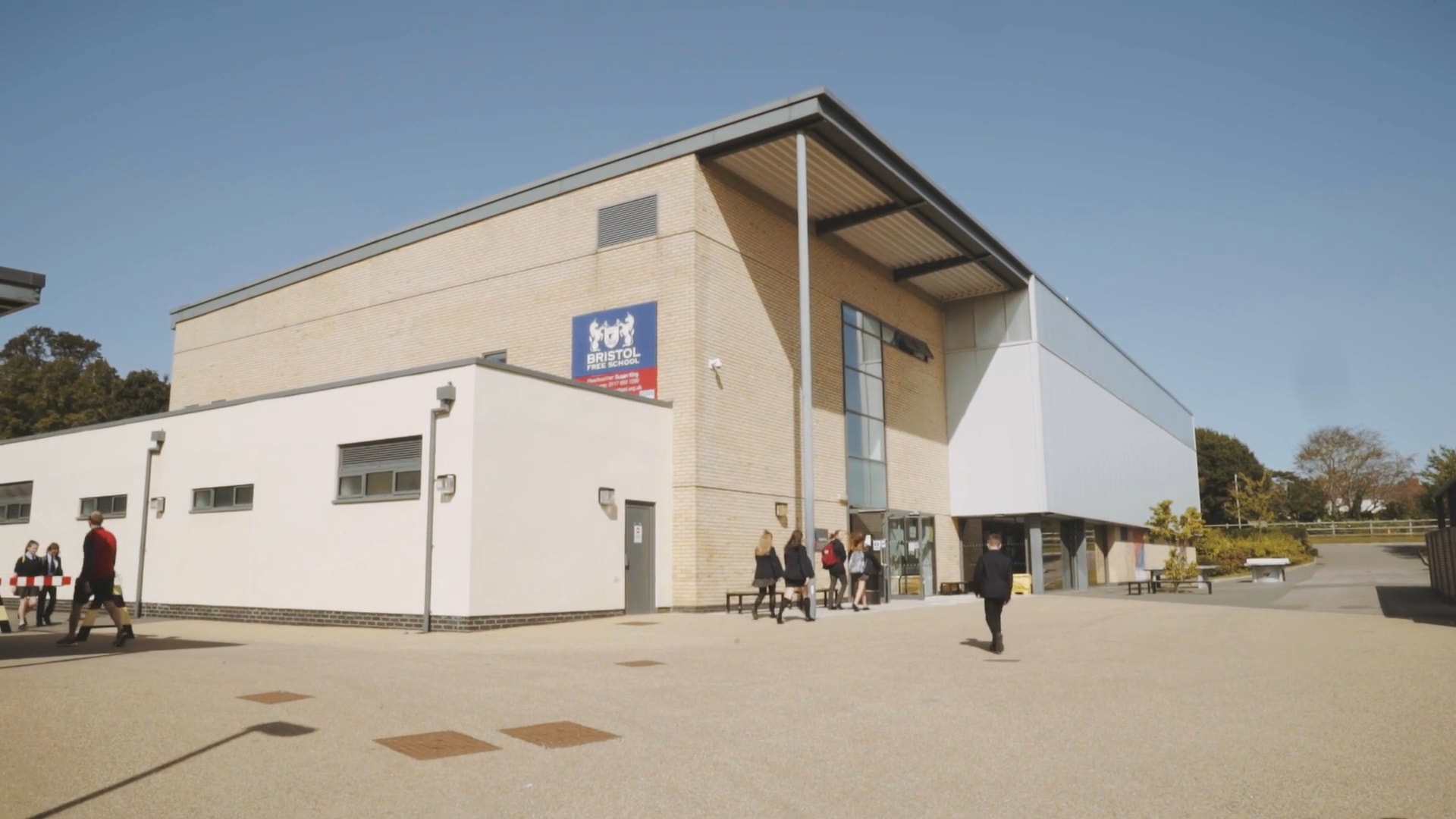
Students will study characteristics of key concepts of physical activity and how they create the base for sporting development continuum alongside the development of elite performers in sport and the organisations which provide support and progression. Students will explore positive and negative forms of deviance, the causes and implications of violence in sport and strategies to combat. Students will learn about illegal drugs and doping methods to aid performance, the use of sports legislation and the positive/negative impact of commercialism, sponsorship and media. Finally students will gain an understanding of technology for sports analytics and development of equipment and facilities and their impact on participation and performance.
Students will complete an end of topic assessment comprised of short and longer answer exam questions.
Students will analyse how well they (or another person) performed in a fully competitive context by identifying areas of weakness, showing understanding of the technique used and the impact that this weak technique has had on performance. For each weakness identified students will then suggest appropriate causes and corrective measures which have to come from the theoretical content within the specification.
This assesment is worth 45 marks. The task is split into two components: analysis (20 marks) and evaluation (25 marks). The work can be submitted either as a written piece of work or a mixture of written work and additional verbal explanation.
Students will explore the processes by which information is collected from the environment, interpreted and then acted upon. Students will gain an understanding of how performers use information from the environment to facilitate movement, the use of memory models and the influences that determine how decisions are made.
Students will complete an end of topic assessment comprised of short and longer answer exam questions.
Students will develop their knowledge and understanding of motion and forces and their relevance in physical activity and sport. Students will learn about the forces acting on a performer during linear motion, be able to explain how angular momentum can be conserved during flight and identify factors affecting flight paths of different projectiles. Furthermore, they will gain an understanding of what is meant by dynamic fluid force and relate this to drag and lift.
Students will complete an end of topic assessment comprised of short and longer answer exam questions.
Students will learn about the energy continuum and the difference in ATP production depending on the fibre type used. They will gain an understanding of the effects of using the anaerobic gylcolytic energy system, oxygen consumption during exercise and recovery and the impact of different training methods on energy systems.
Students will complete an end of topic assessment comprised of short and longer answer exam questions.
Students will learn about psychological theories and concepts which explain the impact that psychology has on the sports performer and the associated action. Students will explore concepts of achievement motivation, reasons sports coaches and players give for success/ failure and factors which promote confidence. Students will examine factors that influence leadership style and somatic and cognitive techniques to reduce stress.
Students will complete an end of topic assessment comprised of short and longer answer exam questions.